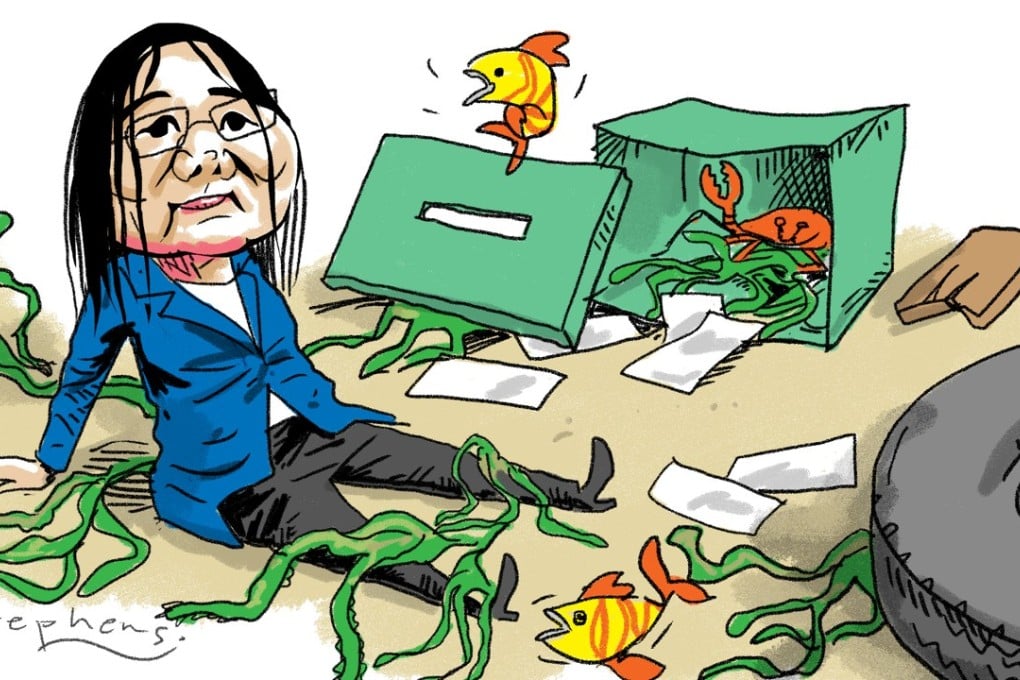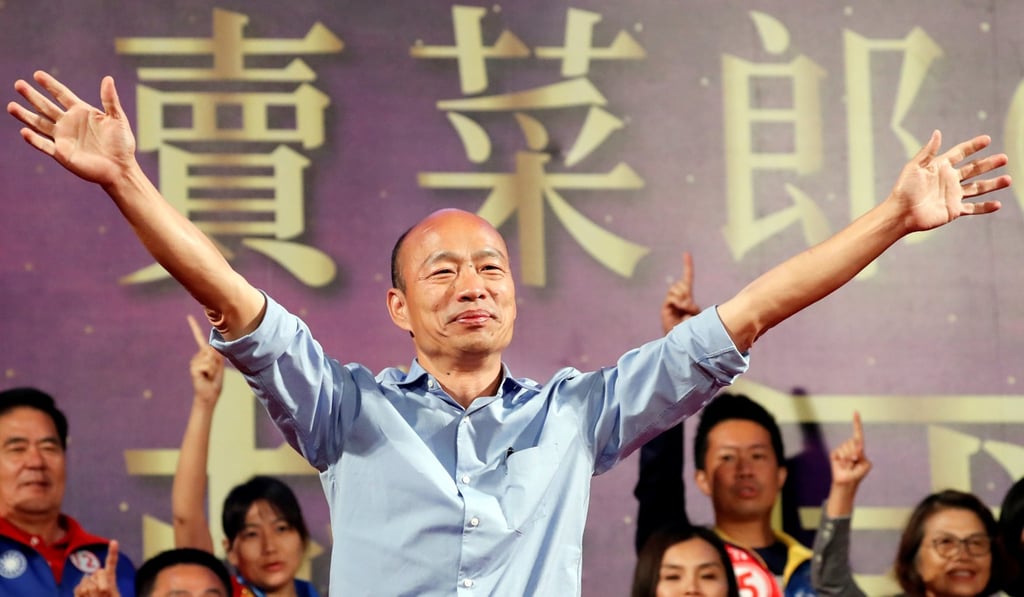Opinion | Taiwanese voters have spoken: what do the elections mean for Tsai Ing-wen’s party, and China?
- Sonny Lo says Taiwan’s ruling party has only itself to blame for voters’ revolt
- However, the KMT’s strong showing does not make it a shoo-in for the presidential election, and Beijing should see the importance of respecting voters’ wishes

Significantly, in the mayoral races, the KMT’s Han Kuo-yu convincingly defeated the DPP’s Chen Chi-mai in Kaohsiung, a traditional DPP stronghold that the party had held for 20 years, while two other KMT candidates, Hou You-yi and Lu Shiow-yen, captured New Taipei City and Taichung. In Taipei, although independent candidate Ko Wen-je declared victory, his KMT opponent Ting Shou-chung has filed for a recount. The DPP’s poor showing led to President Tsai Ing-wen’s resignation as party chairwoman, setting the stage for a DPP leadership struggle.

The victory of Han Kuo-yu, the straightforward, charismatic KMT candidate who dubbed himself a “bald-headed vegetable vendor”, was foreshadowed on the night of November 23, when a reported 150,000 residents turned up for his campaign rally. The DPP had been losing ground among farmers and workers, and the party’s elite was seen as being more interested in political power at the central level than in local governance and people’s livelihoods, a perception underlined by the KMT’s win in Kaohsiung.

